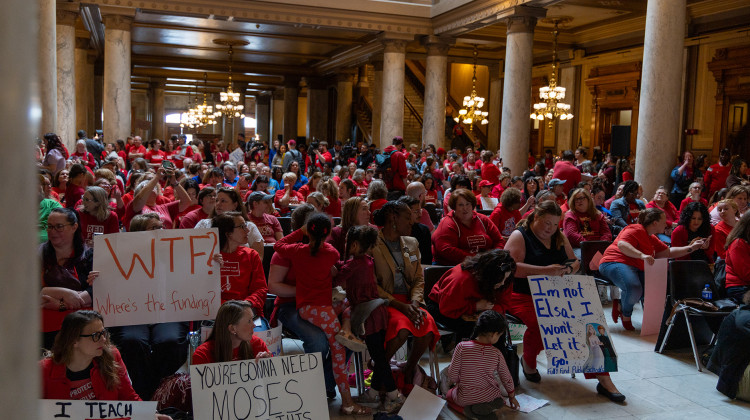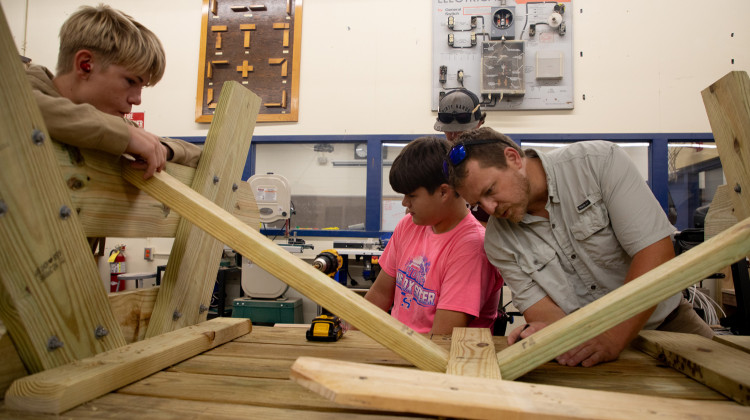
The deadline for college-bound students to fill out the FAFSA for state and federal aid is June 30.
picpedia.orgThe FAFSA, or Free Application for Federal Student Aid, is critically important for students seeking state and federal funds for college. The form’s June 30 deadline is quickly approaching, but there are many places for students and their families to go for help.
Rachel Santos, director of education policy at the Indiana Latino Institute, said students and their families need information and resources so they’re aware of their options.
“Indiana, we're going down in our college enrollment rates,” she said. “The Latino population specifically has gone down drastically in the last couple of years with college enrollment. And I don't accept the narrative that they don't want to go to school. We need to make sure that we are providing resources and information on how you can go to school and what the value of education is.”
The FAFSA is an important resource for college-bound students and their families. The Indiana Commission for Higher Education said Indiana high school graduates missed out on $65 million in federal need-based scholarships in 2021 because they did not complete the FAFSA.
Santos said the FAFSA’s complexity makes it difficult to finish, which can delay students from starting college classes.
“The FAFSA form is overwhelming and asks for a lot of information,” she said. “You need your parent to be a part of the process. It's not something that a student can necessarily do completely on their own, so ask for help.”
The FAFSA can be particularly intimidating for students from households with mixed immigration or citizenship status or families where money is not often discussed, Santos said. There is a need for more resources to help college-bound high school graduates navigate the complexities of financial aid.
Submitting the FAFSA is the first step to securing financial aid for college. After the form is completed, students must apply for specific federal and state aid programs.
“I can't stress enough that Indiana really does have great state aid, and in order to be a part of that, you have to do the FAFSA application,” Santos said.
Students and their families can reach out to school counselors, the Indiana Latino Institute, Indiana’s INvest-ED and other nonprofits across the state to receive help with the FAFSA. They can also reach out to the Federal Student Aid Information Center or call 1-800-4-FED-AID for more information.
A new Indiana law will require most high school seniors in the state to complete the FAFSA by April 15 next school year. New federal guidelines will also simplify the form for the 2023-2024 school year.
“I just hope to see students making a decision based on what is feasible for them versus the fear that might be leading them to not do their FAFSA or, you know, the barriers that have been in place and all the things that make getting into college and access to education hard,” Santos said.
Kirsten is the education reporter for Indiana Public Broadcsting. Contact her at kadair@wfyi.org or follow her on Twitter at @kirsten_adair.
9(MDAyMzk1MzA4MDE2MjY3OTY1MjM5ZDJjYQ000))
 DONATE
DONATE






 Support WFYI. We can't do it without you.
Support WFYI. We can't do it without you.